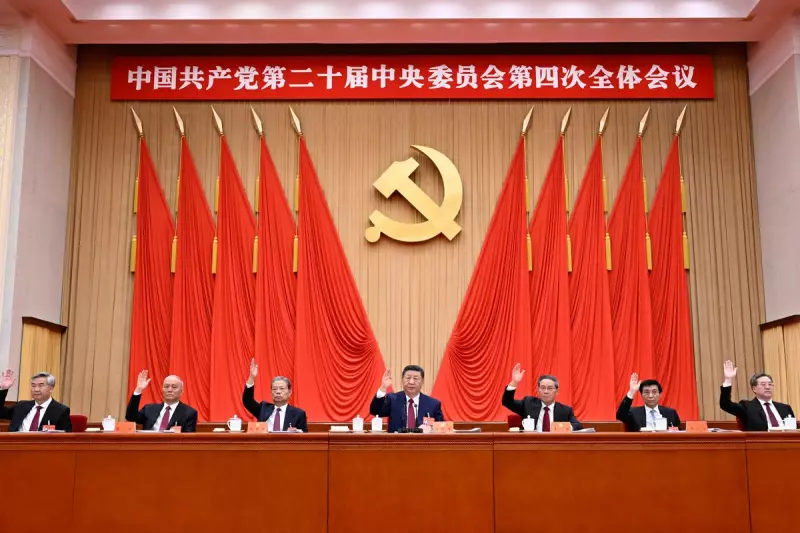
In a remarkable departure from traditional Western foreign policy, former US President Donald Trump has publicly endorsed Beijing's hardline approach to governing Hong Kong, offering unexpected praise for China's Communist Party leadership.
Breaking with Western Consensus
During a recent interview that has sent shockwaves through diplomatic circles, Trump described China's control over Hong Kong as "strong" and "powerful," directly contradicting the position held by most Western democracies. This endorsement comes despite widespread international condemnation of Beijing's erosion of Hong Kong's autonomy and democratic institutions.
Praise for Xi's Leadership
The former president reserved particular admiration for Chinese leader Xi Jinping, whom he described as a "brilliant" and "very tough" leader. This glowing assessment starkly contrasts with Trump's previous criticisms of China during his presidency, when he frequently attacked Beijing over trade imbalances and economic practices.
Political Reactions and Implications
Political analysts suggest this unexpected alignment with Chinese authoritarianism could signal a significant shift in Republican foreign policy thinking. The comments have already drawn sharp criticism from human rights advocates and China hawks within Trump's own party, who view the stance as a betrayal of democratic values.
Meanwhile, the Biden administration maintains its position supporting Hong Kong's autonomy and has repeatedly criticized China's crackdown on pro-democracy movements in the region.
Historical Context of US-China Relations
Trump's comments represent a dramatic turnaround from his administration's previous positions on China. During his presidency, Trump implemented sweeping tariffs on Chinese goods and frequently accused Beijing of unfair trade practices. His new conciliatory tone raises questions about the future direction of US-China relations should he return to power.
The international community continues to watch these developments closely, as Trump's influence over conservative politics remains substantial and his foreign policy positions could reshape global alliances.





